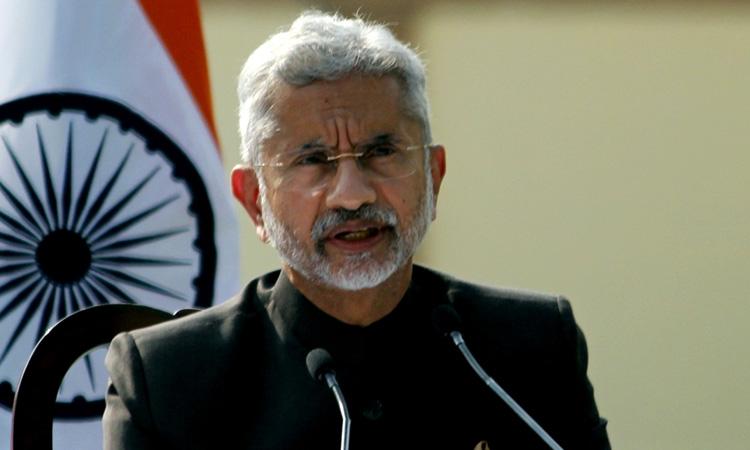External Affairs Minister S Jaishankar on Wednesday said that the relationship between India and China is going through a "very difficult phase" because of Beijing's aggressive posture and complete disregard of agreements and understandings of the past, news agency PTI reported.
The foreign minister made these remarks while addressing a virtual session in London where he has arrived to attend the G7 meet.
Responding to a question on the outcome of his recent discussions with his Chinese counterpart Wang Yi, Jaishankar said that the conversation mainly focussed on the Covid pandemic and the two sides agreed that it is in their mutual interest to work together to deal with it.
Jaishankar further said that he told Wang Yi that the best support the Chinese could offer at this stage was to make things easy for the Indian companies that had ordered supplies from China but were encountering difficulties.
"After our conversation, things did move. Some of our airlines immediately got their approvals. The chain is flowing, which is very laudable," he said.
Talking about the overall India-China relations, Jaishankar said that a disengagement process remains ongoing after the recent military standoff between the two countries in eastern Ladakh. However, he added that it is yet to reach the desired de-escalation point at the border.
"The relationship right now is going through a very difficult phase, because in violation of agreements and understandings of many, many years the Chinese have deployed a very large part of their military on and close to the Line of Actual Control without explanation.
"They continue to be there now for a year. And, their actions have disturbed peace and tranquility in the border areas. We saw bloodshed there last June after 45 years."
The external affairs minister made it clear that peace and tranquility in the border areas are absolutely essential for a good relationship between the two countries.
"I can't have friction, coercion, intimidation, and bloodshed on the border and then say let's have a good relationship in other domains. It's not realistic. That is something we have maintained and been discussing with the Chinese. We have made some progress in some areas, the disengagement process, and in some areas, it's still an ongoing discussion," he said.
"But we haven't come to the de-escalation part of it, which will follow only after disengagement is done," he added.


















